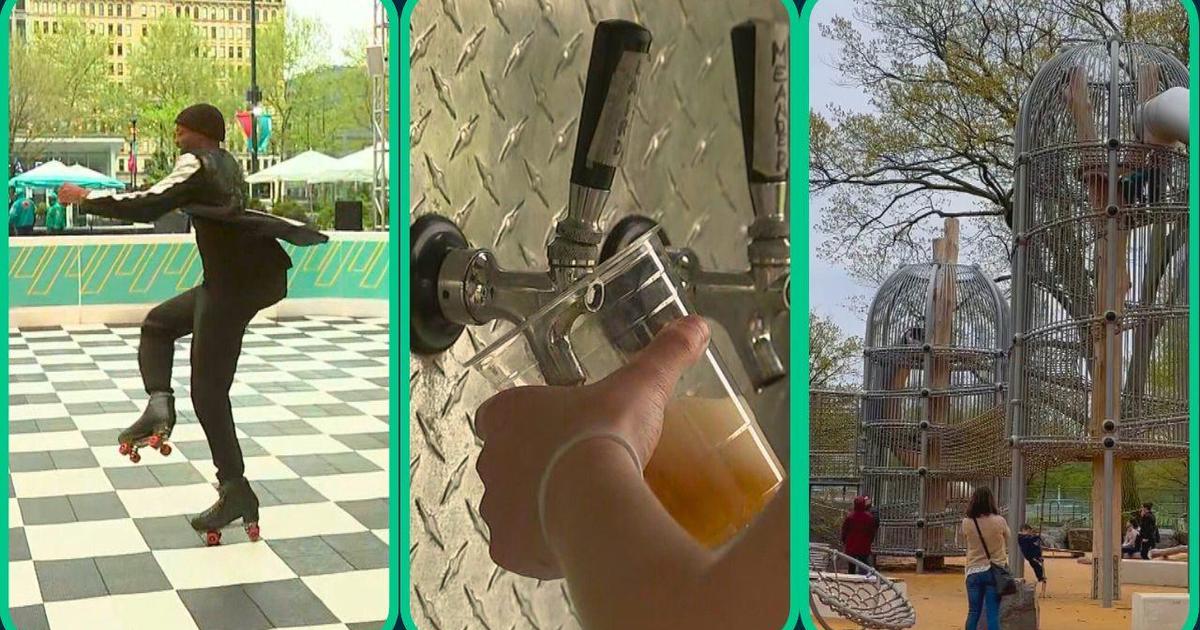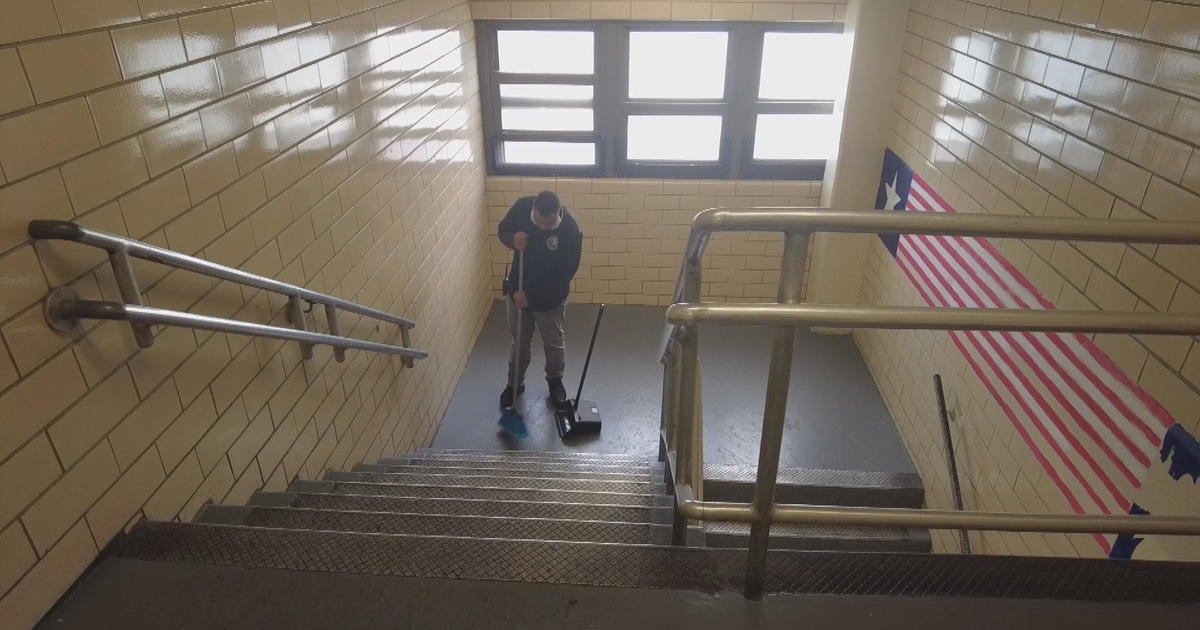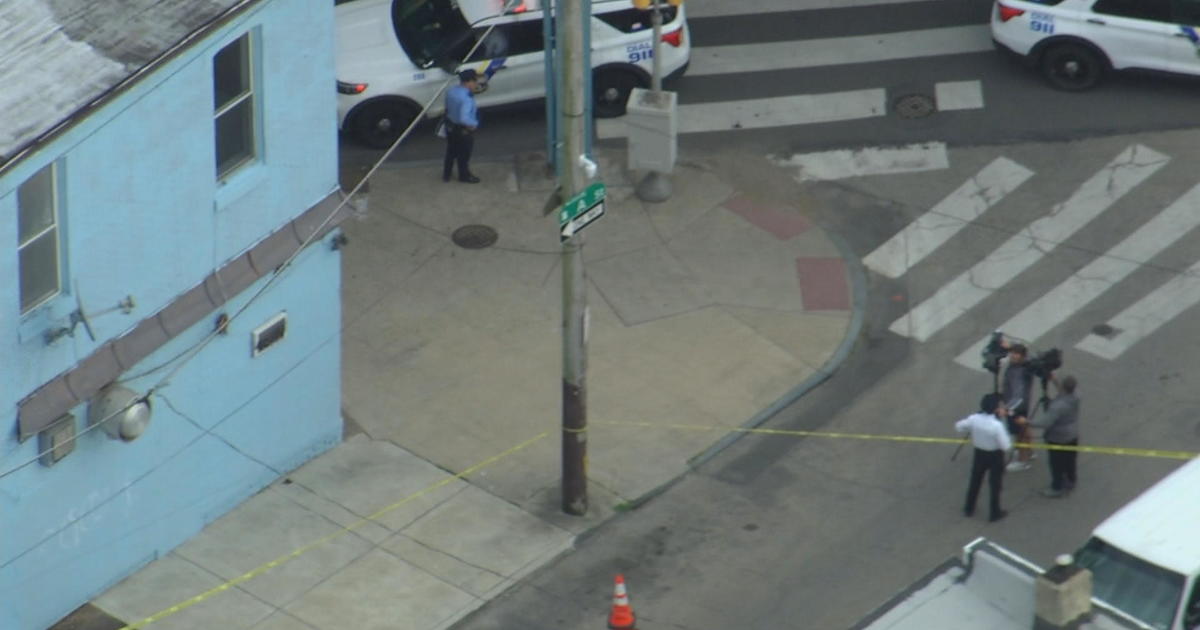Study: 'Digital Divide' Doesn't Reflect Reality
PHILADELPHIA (CBS) - It's not a lack of Internet that hinders low-income families, but instead the kinds of connections that just aren't up to snuff. That's the argument made in a new study co-authored by a Rutgers University professor.
The 'digital divide' is a common term for the inequality between those who have the Internet and those who don't.
The research finds a stunning 90 percent of below-the-poverty-line families with school-age kids have Internet access. But simply 'having' it isn't enough, argues Rutgers communication professor Vikki Katz:
"Is that connection broadband? Is it mobile-only? Is it intermittent because families run out of data on a mobile plan or can't pay for their Internet access consistently? Are there too many people sharing one device, so they don't get as much time on it as they'd like to? Are the devices old or outdated?"
That's where you find what the study 'Opportunity For All,' by the Joan Ganz Cooney Center at Sesame Workshop, calls an 'access gap.' It's perhaps most significant when a smartphone is the only connected screen in the house:
"Kids who have mobile-only access are significantly less likely to go onto the Internet every day. They're significantly less likely to look up things that are interesting to them."
Katz, the study's lead investigator, says a fix must be tailored to a family's particular needs -- so a successful subsidized program must happen through a trustworthy local source like a school or library, and can't be a national one-size-fits-all.



